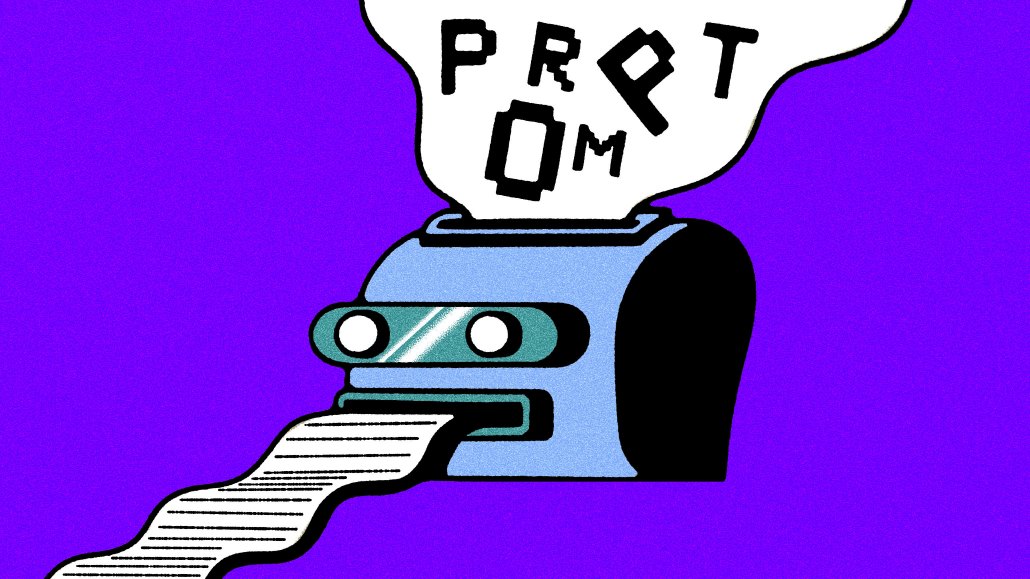Secure your place at the Digiday Media Buying Summit in Nashville, March 2-4

This article was first published by Digiday silbling WorkLife
As AI propels us toward a fully digital world, human intelligence — if one is to believe the most alarmist headlines — is destined to become some quaint notion of the past.
After all, the assumption goes, mere humans can never outwit the algorithm.
But can the workforce retain the power of humanity at the same time it embraces and benefits from the latest intelligent innovations?
That question is behind the creation of The Disrupted Workforce, a community of people from every level of the work hierarchy dedicated to exploring the connection between tech and the human experience through podcasts and other programming.
Alex Schwartz, co-founder of the group, believes we tend to focus on the promise of technology without considering its ability to unlock human potential. “Everybody’s looking at Midjourney [generative AI model that creates artwork] and Stable Diffusion [text-to-image AI model] and everything that’s happening with AR [augmented reality], but they don’t realize that these programs are still trained on datasets with particular parameters and that we are ultimately focusing on human imagination, which is limitless,” said Schwartz, who earlier served as director of client services at Publicis Sapient, the digital business transformation unit of Publicis Groupe that works with clients like Finnair, Bang & Olufsen, and Pilot.
To read the full article click here
More in Marketing

Future of Marketing Briefing: AI’s branding problem is why marketers keep it off the label
The reputational downside is clearer than the branding upside, which makes discretion the safer strategy.

While holdcos build ‘death stars of content,’ indie creative agencies take alternative routes
Indie agencies and the holding company sector were once bound together. The Super Bowl and WPP’s latest remodeling plans show they’re heading in different directions.

How Boll & Branch leverages AI for operational and creative tasks
Boll & Branch first and foremost uses AI to manage workflows across teams.








